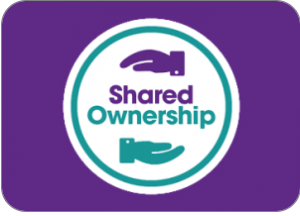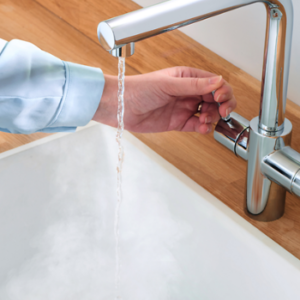If you have been struggling to get a foot on the housing ladder, you may have heard of shared ownership schemes to help first-time buyers. But what is shared ownership, and what should you be aware of before taking it on? This guide explores what you need to know.
How does shared ownership work?
Shared ownership means you own a percentage of a property, paid for using a deposit and a mortgage agreement. The rest of the property is owned by a housing association, to whom you need to pay rent.
The Benefits of Shared Ownership
One of the benefits of this type of property purchase is that you need a smaller deposit compared to going into full ownership. This allows you to get on the property ladder at a lower cost, and much more quickly than if you were to save for a larger deposit.
Many people use loans from family or friends as a quick way to get a deposit together. If this applies to you, make sure you have a loan agreement in place. More information about loan agreements can be found at https://www.parachutelaw.co.uk/loan-agreement.
Shared ownership also makes it easier to get a mortgage, as the amount you are applying for will be relatively small. According to HomeViews, banks are likely to give you a mortgage as you are less of a credit risk.
You will have the opportunity to purchase a larger share of the property as time goes by. Buying in small amounts can continue until you reach full ownership when you will no longer have to pay rent on the remaining portion of the share.
Potential Pitfalls of Shared Ownership
While shared ownership is a great way to get on the property ladder, there are some things to be aware of.
If you want to sell the property, it can be more of a challenge since you only own a percentage of it. However, it is often the case that the housing association you bought it from will buy it back.
It is also important to remember that you are responsible for all household bills, repairs and maintenance. This is something to consider when on a tight budget.
Choosing shared ownership is an effective way to purchase a property if you don’t have savings for a deposit, and is worth considering if you are a first-time buyer looking to get on the housing ladder.









+ There are no comments
Add yours